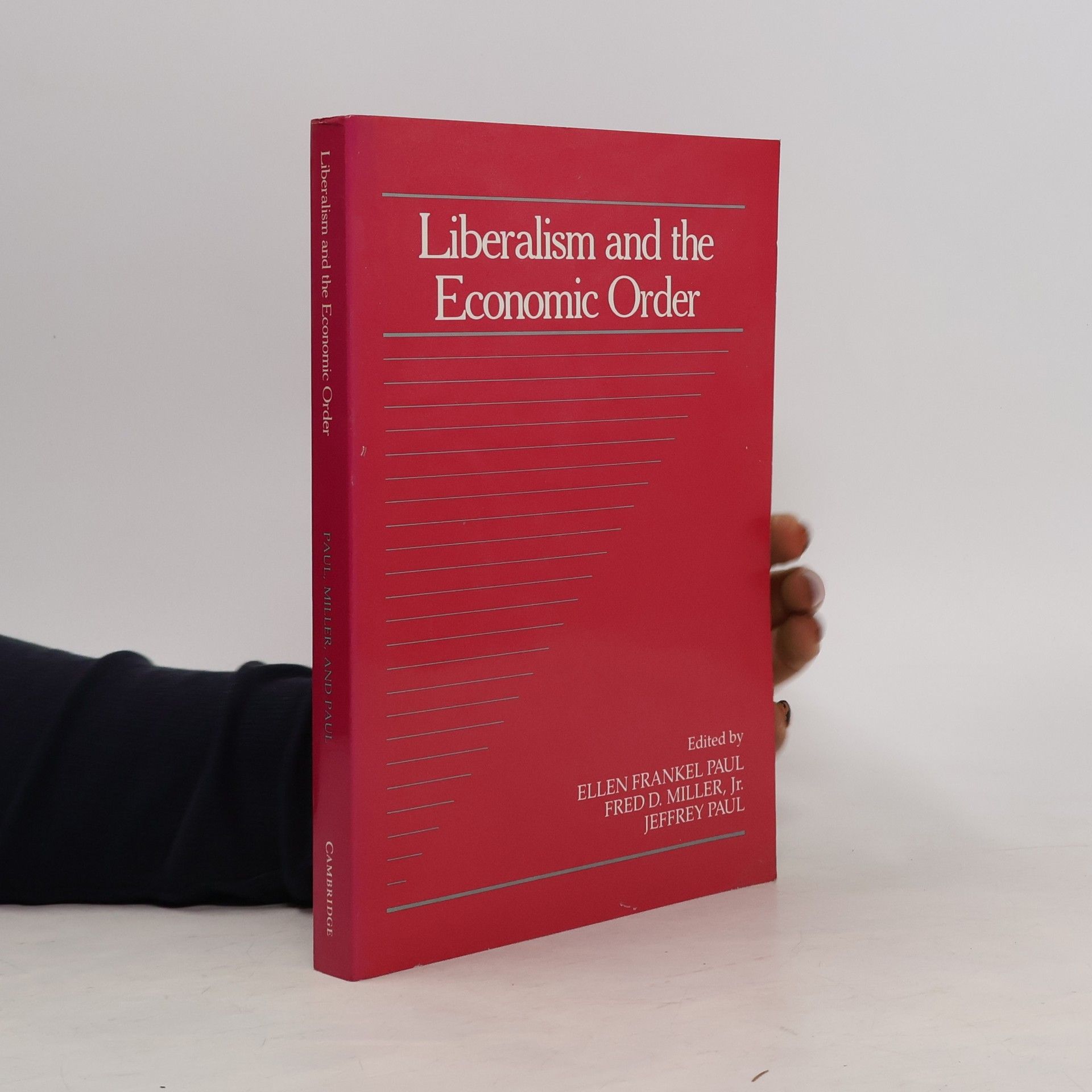Cultural Pluralism and Moral Knowledge
- 285 stránek
- 10 hodin čtení
The essays in Cultural Pluralism and Moral Knowledge deal with philosophical issues that arise from the existence of a diversity of cultural traditions. The discussions range from broad examinations of the relevance of cultural pluralism to morality, to studies of specific cultural practices. Some essays explore the relationship between pluralism and political theory; some contrast pluralism with relativism or distinguish it from reasonable disagreement. Others propose and defend a set of principles that apply to all societies, forming the foundation of a common moral system. Still others delve into questions of moral psychology, attempting to explain why people hold the values they do.

